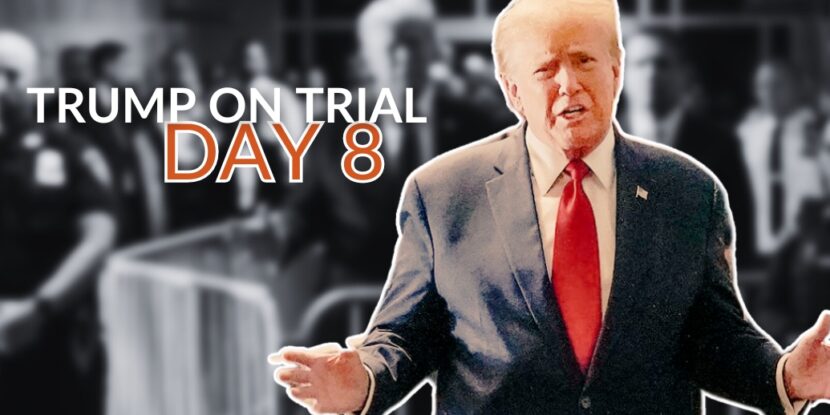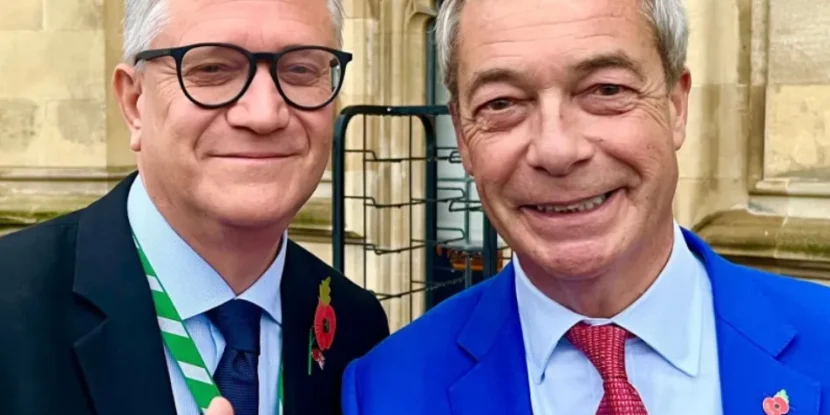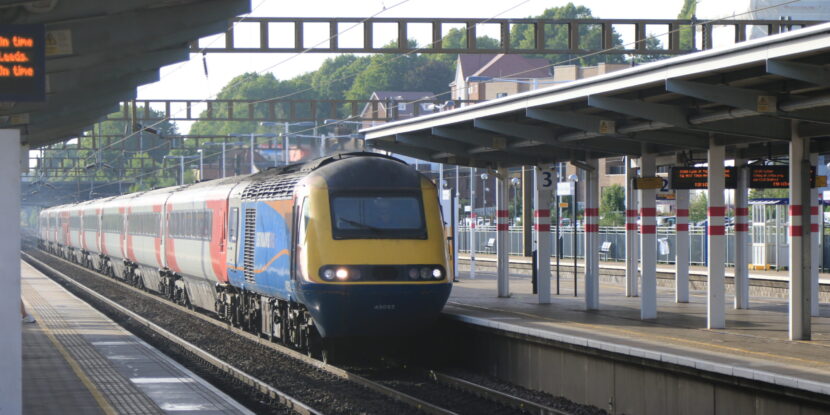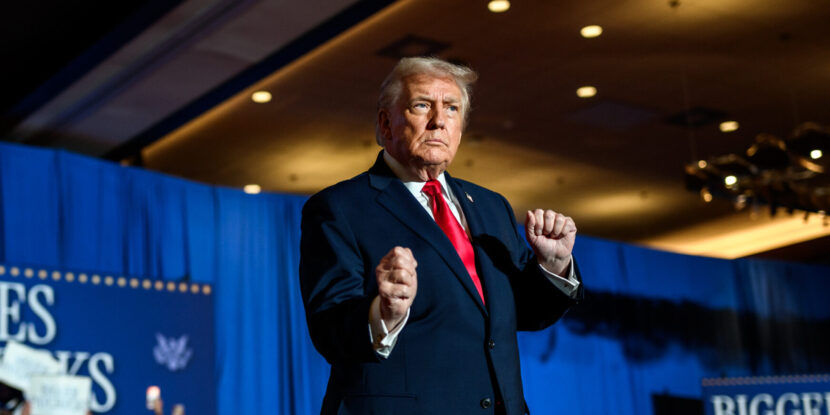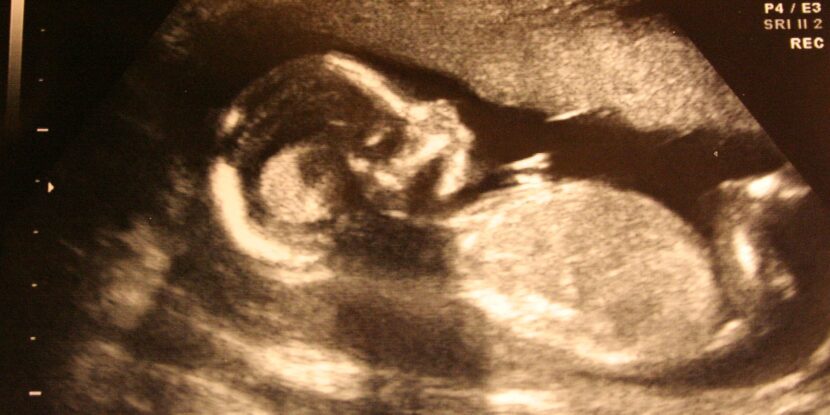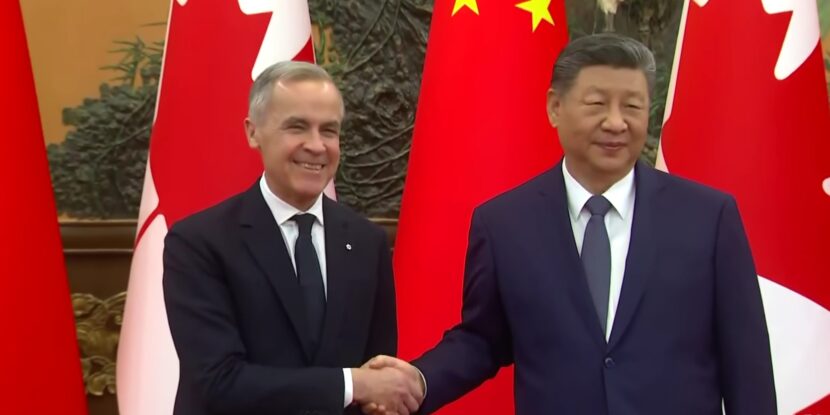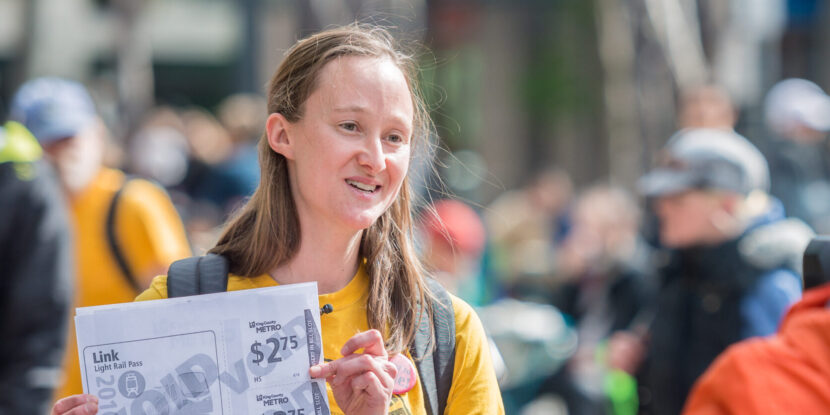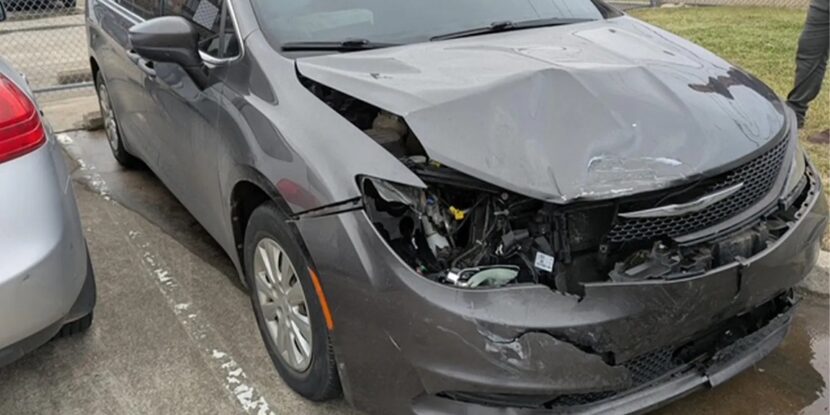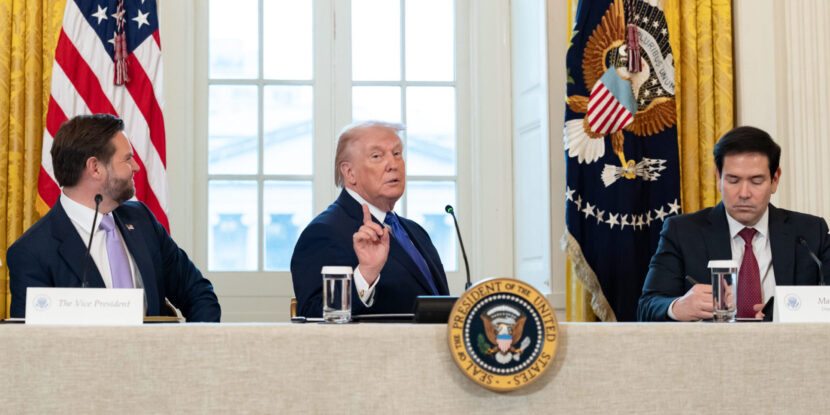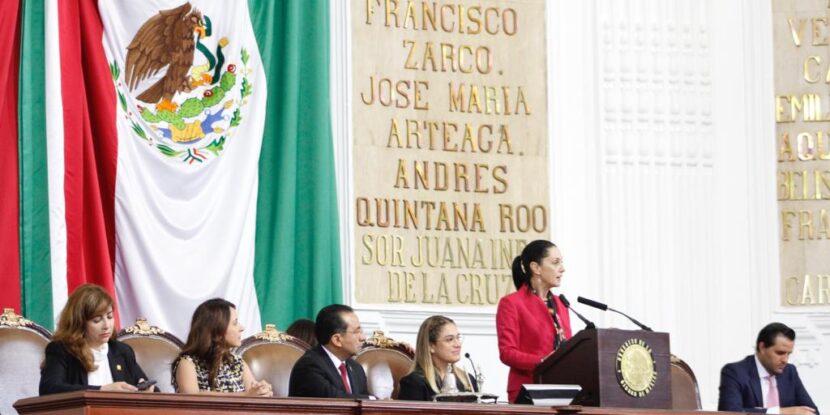Former Trump campaign aide Hope Hicks had some choice things to say about Michael Cohen last week, which bear consideration. During defense attorney Emil Bove’s cross-examination, Hicks took aim at Cohen’s credibility. She told Bove that the disgraced attorney “used to like to call himself Mr. Fix It, but it was only because he first broke it.”
When Bove, who is one of former President Donald J. Trump‘s attorneys in the hush money trial, asked Hicks about Cohen’s role in the 2016 campaign, she threw additional cold water on the prosecution’s assertions. “No, he would try to insert himself at certain moments, but he wasn’t supposed to be on the campaign in any official capacity,” Hicks responded. She added: “There were things he did in a voluntary capacity because of his interest.”
Asked if Cohen was prone to going rogue, Hicks said, “Yes.”
MERCHAN HOLDS TRUMP IN CONTEMPT… AGAIN.
Day eight of former President Donald Trump‘s Manhattan-based hush money trial ended about 30 minutes earlier than scheduled. Judge Juan Merchan gave no reason for the court’s adjournment.
The court’s morning session began with another hearing on alleged violations of the gag order placed on former President Trump by Democrat-aligned Judge Merchan. Once again, the former President was found in contempt of the order and fined $1,000 for the new violation. “I find you in criminal contempt for the 10th time,” the judge said. He added: “Going forward, this court will have to consider a jail sanction.”
“Mr. Trump, it’s important you understand that the last thing I want to do is put you in jail. You are the former president of the United States and possibly the next president as well,” Judge Merchan continued. He added, “The magnitude of this decision is not lost on me, but at the end of the day, I have a job to do.”
But even Democrat legal strategists admitted Merchan’s behavior didn’t stack up, with the judge seemingly rebuking Trump for statements that have been long-deleted.
I don’t get this. If, as Judge Merchan says, all the offending statements were made prior to the imposition of the first fine, why does he say that it’s evident that fines won’t deter Trump? Deterrence doesn’t work retroactively! https://t.co/E8gYk1Nq2Z
— Eric Columbus (@EricColumbus) May 6, 2024
THE ACCOUNTANT ON THE STAND.
Following the testimony of Hope Hicks, the prosecution next brought Jeff McConney, the former controller — essentially the top accountant — for the Trump Organization. McConney has testified twice before in legal proceedings involving Donald Trump —before Judge Juan Merchan in the 2022 Trump Organization tax fraud trial and in last fall’s civil fraud trial against Trump brought by New York Attorney General Letitia James.
Former Biden Justice Department attorney Matthew Colangelo handled the questioning for the prosecution.
The early part of McConney’s testimony was focused on establishing his role and chain of command within the Trump Organization. The former controller told Colangelo that he oversaw the company’s accounting department and Deb Tarasoff, the accounts payable supervisor. Tarasoff would be the next prosecution witness brought before the court adjourned for the day.
WHO CUTS THE CHECKS?
Early on, the prosecution focused on check signing authority. According to McConney, prior to 2017 — when Trump was inaugurated as President — Donald Trump had the signing authority. Once he became President, however, a trust account was formed with Donald Trump, Jr., Eric Trump, and Allen Weisselberg having signing authority.
Much of the morning focused on Colangelo and McConney walking through accounting practices, tax applicability to employee reimbursements, and the general ledger for Donald Trump’s personal account. While this was not the most riveting testimony, much of the prosecution‘s case hinges on the contention that the former President directed Michael Cohen‘s actions and understood the nature of the payments made to Cohen from the personal account.
COLANGELO BORES THE COURT.
As the trial neared lunchtime, Colangelo finally began to focus on Michael Cohen — though McConney’s testimony was less than helpful to the prosecution’s case. When asked if he knew Cohen, McConney responded: “He said he was a lawyer.”
The prosecutor followed up, asking, “Did he work in the legal department?” McConney drew audible laughs from the courtroom with his response. “I guess so,” he said.
Next, Colangelo probed McConney on checks cut to Cohen, with the former controller saying that Allen Weisselberg had told him that they needed to get some money to the disgraced lawyer. “We added everything up, and came up with the amount we would have to pay him,” McConney said.
He testified that $35,000 was to be wired to Cohen monthly from Donald Trump‘s account. After reviewing Cohen’s invoices and the payment process for over an hour, McConney testified that he could not recall any further payments after December 2017. The prosecution ended its questioning after entering into evidence the invoices and financial disclosures relating to the payments to Cohen that allegedly covered the money he sent to Keith Davidson.
COHEN ACTED AS A VENDOR.
Emil Bove again handled the cross-examination for Trump‘s defense team. He kicked off the cross, asking McConney how often he spoke with Trump. The former Trump Organization controller said it wasn’t often. The defense attorney moved on to Cohen‘s employment status, asking McConney if Cohen used a Trump Organization account. McConney responded that Cohen did not and instead used a personal Gmail account. McConney explained that this meant Cohen was acting, essentially, as an outside vendor and not a Trump employee.
When Bove asked if McConney knew the nature of Cohen’s legal work or if the disgraced attorney was doing any personal work for Trump in 2017, McConney said: “I do not know.” Following up, when asked about his conversation with Weisselberg, McConney testified that he didn’t know what Cohen was seeking reimbursement for.
TRUMP DIDN’T ORDER PAYMENTS.
Moving on, Bove began chipping away at the core of the prosecution‘s case. Bragg’s team has spent a great deal of time insinuating that the payments made to Cohen were somehow illegal. Bove asked McConney, “These payments were also disclosed to the IRS, correct?” The former controller responded, “Yes.”
Bove, presenting McConney with an IRS 1099 form, asked: “There’s no place on this form to break out payments for legal services versus expenses incurred right?” McConney again responded, “Yes.”
Shifting to Cohen, the defense attorney asked McConney, “And it’s Michael Cohen’s job to figure out how to account for these payments on his personal taxes correct?” McConney once again responded, “Yes.” When asked if he knew whether Cohen had included the payments in his tax filings, McConney replied that he did not know.
In the most important moment, Bove asked McConney: “President Trump did not ask you to do any of the things you described?”
“He did not,” the former controller replied.
STILL NO EVIDENCE.
A brief redirect by Colangelo may have further undermined the prosecution. McConney testified that he merely did as directed by Weisselberg. However, the former controller also said he was never privy to, nor knew of, any conversations between Weisselberg and Trump regarding payments to Cohen.
Despite the prosecution continuing to insinuate that Trump knew the nature of and directed the payments to Cohen, not a single witness that it has brought has been able to establish this assertion. In fact, several of the witnesses, so far, have actually undermined the claim — adding to the Trump defense team’s argument that he thought the payments were, in fact, for legal services and was unaware of Cohen’s agreement with Keith Davidson.
The next witness brought by the prosecution was Deb Tarasoff. Again, despite the prosecution’s efforts, Tarasoff said that Weisselberg was the man who called most of the shots and had the most contact with Cohen. The remainder of her testimony was a rehash of the invoice and check signing process heard in McConney’s morning testimony. After the prosecution finished and the defense engaged in a brief cross-examination, the court adjourned.
You can read The National Pulse’s Day Seven trial coverage here, and if you find our work worthwhile, consider joining up as a supporter.
